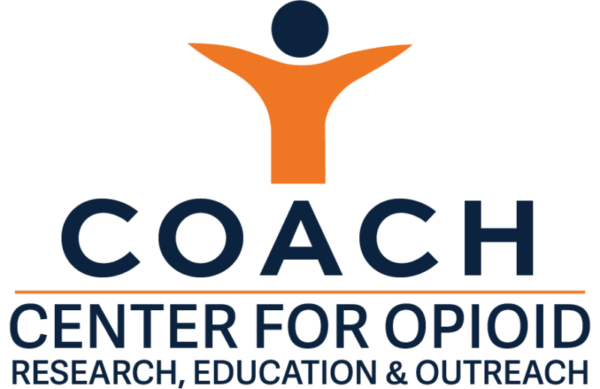Research
COACH investigators, Dr. Karen Marlowe and Dr. Haley Phillippe, presented a research poster at PAINWeek in September 2024 in Las Vegas, Nevada related to COACH’s ongoing Summits series in partnership with the Alabama Department of Public Health.
Marlowe K, McCormick NP*, Hohmann L, Fox BI, Phillippe H. The Impact of an Interprofessional Educational Summit on Healthcare and Law Enforcement Professionals’ Perceptions and Readiness Regarding Collaborative Substance Misuse Prevention and Treatment [Abstract]. In Postgraduate Medicine. 2024; [in press]. Poster presented at: the PainWeek Conference; September 2024; Las Vegas, NV.
Education
As part of COACH’s commitment to education, faculty are working to provide health care professionals with insights on prescribing and dispensing controlled substances. There are numerous state and federal laws/regulations related to controlled substances. These can be confusing to prescribers and dispensers. This program aims to provide clarification regarding those rules and regulations as well as best practices. Included in this work is an effort by Drs. Marlowe, Brent Fox, and Haley Phillippe, in partnership with the Alabama Department of Public Health to conduct a series of training sessions across the state during the summer months of 2025. This project is supported by the Alabama Department of Public Health through a grant from the Bureau of Justice Assistance. The Bureau of Justice Assistance is a component of the Department of Justice’s Office of Justice Programs, which also includes the Bureau of Justice Statistics, the National Institute of Justice, the Office of Juvenile Justice and Delinquency Prevention, the Office for Victims of Crime, and the SMART Office. Points of view or opinions in this document are those of the author and do not necessarily represent the official position or policies of the U.S. Department of Justice. Learn more at https://auburncoach.org/events.
Outreach
As a land-grant institution, outreach is vital to our mission. As such, HCOP leadership worked with COACH affiliated faculty and staff to develop drug-free education designed to reach middle and junior high students across Alabama. As our nation is experiencing an ongoing opioid crisis, the earlier we can educate students, the more improved the outcomes. To learn more about COACH’s drug-free educational programs, visit 2023 Tiger Giving Day Initiative – COACH (auburncoach.org).


